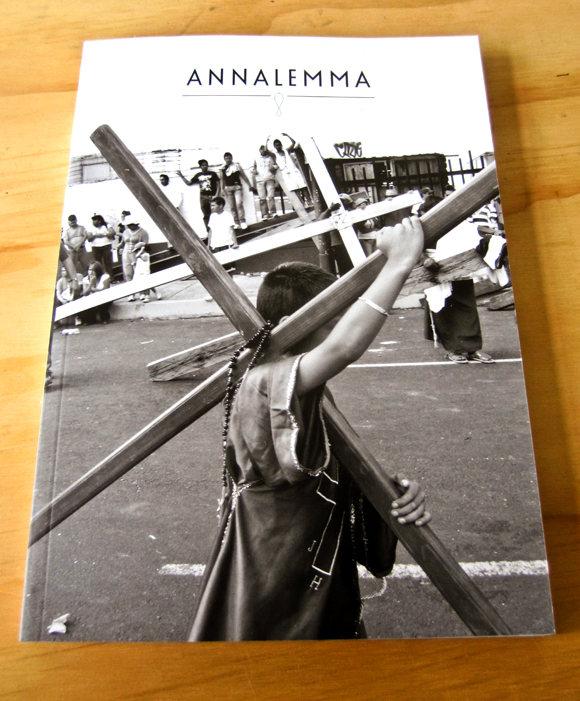The poems in Melissa Broder’s collection begin with a spark of desire. The people who inhabit them are unsatisfied with what they have, the spoils of their good fortune carry an unforeseen dark side that they’re incapable of dealing with. Teenage waifs pray to be delivered from Burger King with People Magazine, Anarchists lament the next generation of revolutionaries bickering about the proper way to make dreadlocks in the hair care aisle of Duane Reade, a Wall Street yuppie abandons his designer apartment and Savignon Blanc for a skateboard and the faux spiritualist world of San Francisco.
At times it’s unclear if Broder is calling the upper class on their existentialist problems or if she genuinely feels for them. One moment she’ll pair a junkie-film enthusiast with a real junkie who’s peaking and using the film fan for his own perverse entertainment. Another moment she’ll be at odds with her own vanity, feeling shame over feeling shame over her pimples. Broder culls the suicide, the anorexia, the drugs, the pathologies and manias of the upper class into a spotlight and comes to the brink of indicting them, but not before trying make sense out of why these people feel the way they feel.
It’s interesting to read these poems in the wake of the financial disaster of ’08. They capture a moment in time where the well-to-do could complain about their problems while protected by a bubble of ignorance. It’s hard to believe that in today’s economic climate a Wall Streeter would give up any sort of job to go live an idealized skateboard dream. The fallout of the mortgage crisis robbed America of its privilege take issue with trivial things. In a way this collection is an quiet chronicle of American opulence.
But ultimately these poems are not about the well off dealing with the problems of the well off. They are about people who’ve developed in a frictionless life, one free struggle. Struggle that is important to shaping ones personality, to shaping ones ability to adapt and evolve. As a result, the people in Broder’s poems try on personalities like second hand clothes, hoping something will shape them, define them, stick to the walls of their souls and give their lives some meaning. But in the screaming light of the day it becomes clear that those clothes simply don’t fit. And where to go from there is a complete mystery.






















